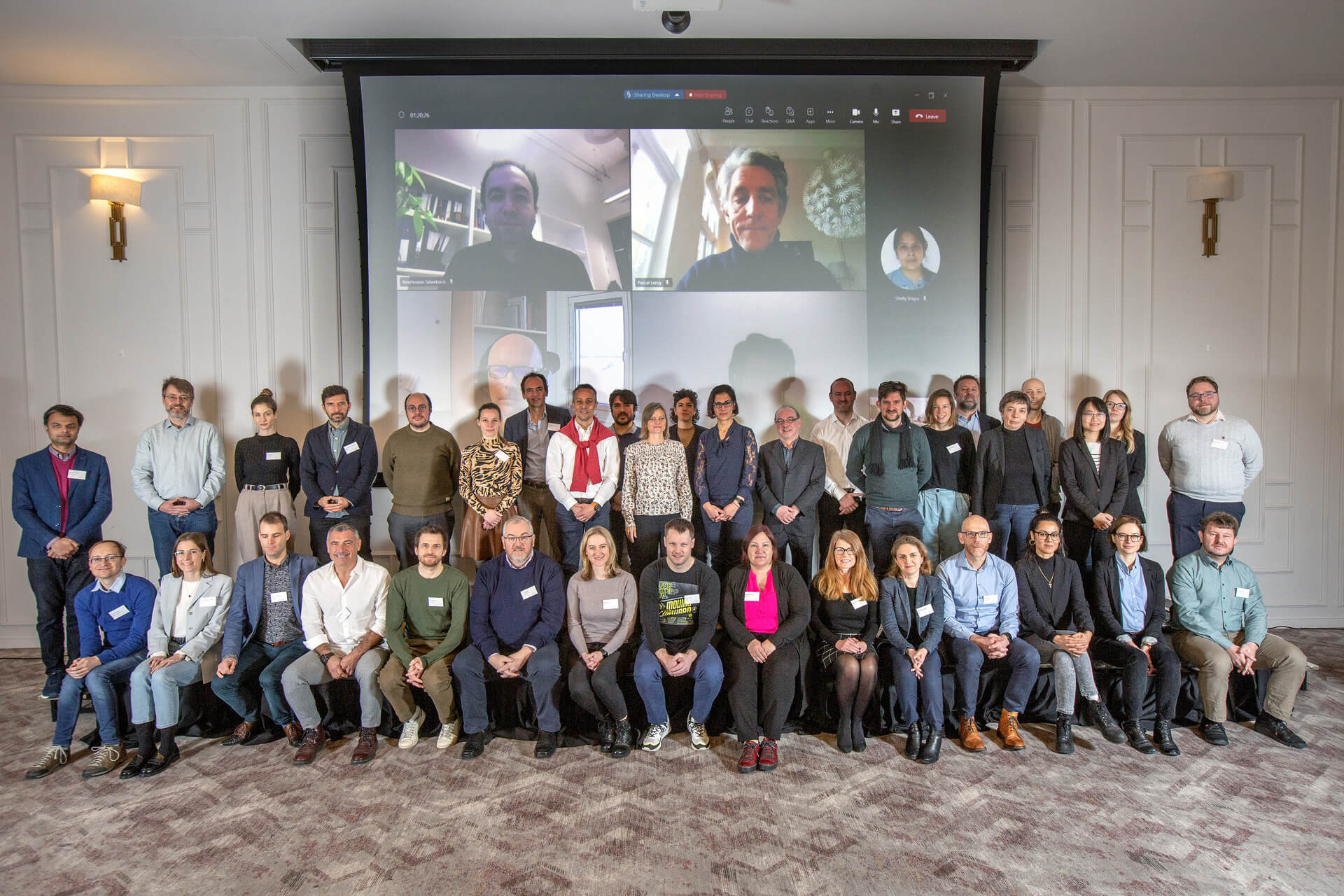A consortium composed of leading experts representing the entire value chain of electronic products as well as IT experts, and research institutions focusing on raw materials have commenced an ambitious four-year project to create a data platform that will share detailed information on these products. The Circular Economy Resource Information System (CE-RISE) project will develop the platform to provide stakeholders, including consumers, with a better understanding of the green credentials of electronic products and how to preserve important raw materials through the reuse, repair and recycling of these items.
Renewable energy technologies (RET) and information and communication technologies (ICT) are playing a vital role in the transition to a digitalised and zero emission Europe. However, these technologies are manufactured using raw materials that the European Union classes as ‘critical’, meaning these materials are vital to the economy, but also that their supply is at risk because they come from conflict zones or are largely controlled by one or just a few countries.
Russia, for example, accounts for over 40% of the world’s palladium production1.Changes in geopolitical situation, such as the war in Ukraine, can quickly and adversely affect the supply chain for critical raw materials. The European Union wishes to increase its control over the supply of these and one way of doing this is to focus on those already contained in products being used in Europe.
“CE-RISE, aims to increase the lifetime of raw materials by creating an information system that will enable sharing of necessary information among actors in the value chains about the content and composition of products. This will optimise their repair, reuse and recycling the resources they contain,” project coordinator and senior scientist Golnoush Abbasi at NILU explains. “By doing so, it will facilitate an increased autonomy in Europe for key value chains, such as that for critical raw materials.”
The project will comprise the following stages:
Defining a set of criteria to evaluate the extent to which products and embedded components can be reused, repaired, refurbished and/or recycled – the so called ‘RE criteria’;
Incorporating information on RE criteria and material composition of products into a Digital Product Passport (DPP) to enable traceability of materials in the supply chain;
Integrating DPP with information on the product environmental footprint (PEF), and socio-economic and environmental (SEE) impacts of RE processes;
Enabling confidential and anonymised information sharing among actors throughout value chains;
Providing open access software application to disseminate information on the assessment of RE criteria, PEF and SEE impacts of products to all stakeholders including consumers and policymakers.
The functionality of the CE-RISE information system and products will be evaluated by five case studies in which a Digital Product Passport will be developed for ICT products, printers, solar panels, batteries as well as heating systems.
Abassi continues, “The available information on SEE impacts of products on DPPs will help consumers to compare the social and environmental impacts of different products. When you can check for yourself if this kind of electronic gadget has a better environmental and ethical footprint than another, it is easier to make a sustainable choice.”
Launched in January 2023, CE-RISE project, led by NILU, involves 28 partners from 11 countries. The project, funded in the framework of Horizon Europe (project number: 101092281), will conclude in December 2026.

Sources:
- (OECD, 2022)

